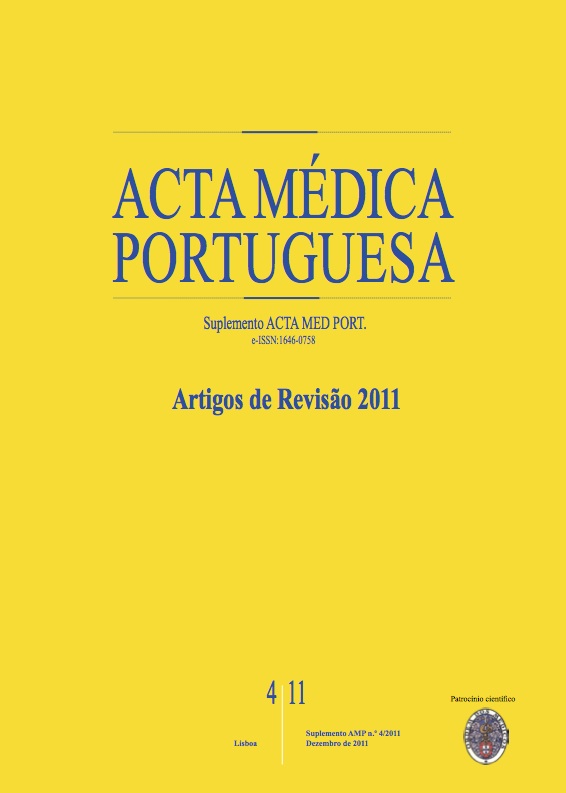Transfusion-transmitted protozoal infections: what is the risk in non-endemic countries?.
DOI:
https://doi.org/10.20344/amp.1579Abstract
Protozoal infections that are efficiently transmitted by blood transfusion include Malaria, Chagas Disease, African Trypanosomiasis, Leshmaniasis, Toxoplasmosis and Babesiosis. With exception of Toxoplasmosis and Leishmaniasis, these diseases are endemic in mainly tropical low income countries and, in non-endemic countries like Portugal, the reported cases are imported from these endemic areas by travelers or immigrants. Globalization, with increasing travel and immigration poses the risk of exposition to these infectious agents and raises the issue of possible transmission by blood transfusion. According to recommendations of the Council of Europe, strategies to prevent the transmission of these infections by blood transfusion have been implemented. Given that the risk is introduced by a specific group of donors, travelers or immigrants from endemic areas, the main strategy to prevent this transmission depends on the identification of these groups of donors using questionnaires during the pre-donation procedures. Additional measures, like serological testing and pathogen inactivation procedures, when available, contribute not only to reduce the risk of transmission but also to avoid unnecessary rejections.Downloads
Downloads
How to Cite
Issue
Section
License
All the articles published in the AMP are open access and comply with the requirements of funding agencies or academic institutions. The AMP is governed by the terms of the Creative Commons ‘Attribution – Non-Commercial Use - (CC-BY-NC)’ license, regarding the use by third parties.
It is the author’s responsibility to obtain approval for the reproduction of figures, tables, etc. from other publications.
Upon acceptance of an article for publication, the authors will be asked to complete the ICMJE “Copyright Liability and Copyright Sharing Statement “(http://www.actamedicaportuguesa.com/info/AMP-NormasPublicacao.pdf) and the “Declaration of Potential Conflicts of Interest” (http:// www.icmje.org/conflicts-of-interest). An e-mail will be sent to the corresponding author to acknowledge receipt of the manuscript.
After publication, the authors are authorised to make their articles available in repositories of their institutions of origin, as long as they always mention where they were published and according to the Creative Commons license.









